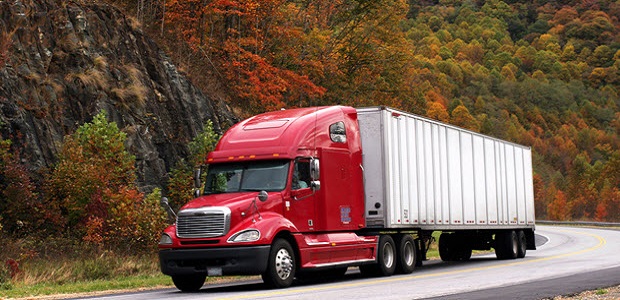
Driverless Trucks and Insurance
The trucking industry is ready for a change. Nearly 70% of the country’s freight is moved by truck, yet trucking companies can’t fill open positions fast enough to meet the demand. A retiring workforce and extremely high turnover rate could be to blame for the shortage, but unfortunately these problems aren’t expected to improve. In fact, demand is expected to continue rising, making matters even worse for trucking companies.
It’s clear to see why leaders in the industry are ready to start moving their freight with autonomous – or driverless – trucks. But is the world ready? And are insurance companies prepared to take on the risk?
Infrastructure issues
While the first driverless truck in America was showcased by the Daimler auto group over a year ago, it will be quite some time before these vehicles are regularly seen on the road. A ten-year testing phase is the first step, and even these cars will have a driver on board for certain situations.
During that time, lots of infrastructure changes would need to fall into place to make autonomous vehicles the norm. The US department of transportation says 65% of roads are in poor condition, and inconsistencies in reflective markings, traffic lights, and more could make it tough for driverless technology to adapt. Additionally, many industries that rely on truckers’ business – highway motels and truck stops, for instance – would be affected by the transition, resulting in a suffering economy. That doesn’t give the government a lot of incentive for improving the infrastructure, but only time will tell if the benefits ultimately outweigh the costs.
Insurance issues
According to the National Highway Traffic Safety Administration, 90% of roadway crashes are caused by driver error. With driverless cars, risk factors like drunk driving, distracted driving, or even driving on too little sleep are completely removed from the insurance equation. So in the short term, it makes sense that claims payouts (and thus, premiums) would go down drastically.
However, over the long term, driverless commercial vehicles bring about new risks of liability. Anything computer-operated is susceptible to hackers, and driverless vehicles are no different. Terrorists or general mischief-makers could potentially hack into the technology to cut brakes or scramble the network. Additionally, product recalls or faulty equipment may make it difficult to determine who was at fault in the case of an accident. For insurers, these costly risks could actually balance the lowered chance of accidents inherent with autonomous driving.
Even though the technology exists, it’s clear that the world isn’t quite ready for the big switch to driverless vehicles. However, these changes are not as far off as they once seemed, and insurance companies should be ready to take on these new risks as soon as they’re here.
Sources:
http://insuranceblog.accenture.com/driverless-trucks-create-issues-for-commercial-insurers/
https://www.transportation.gov/policy-initiatives/grow-america/road-and-bridge-data-state